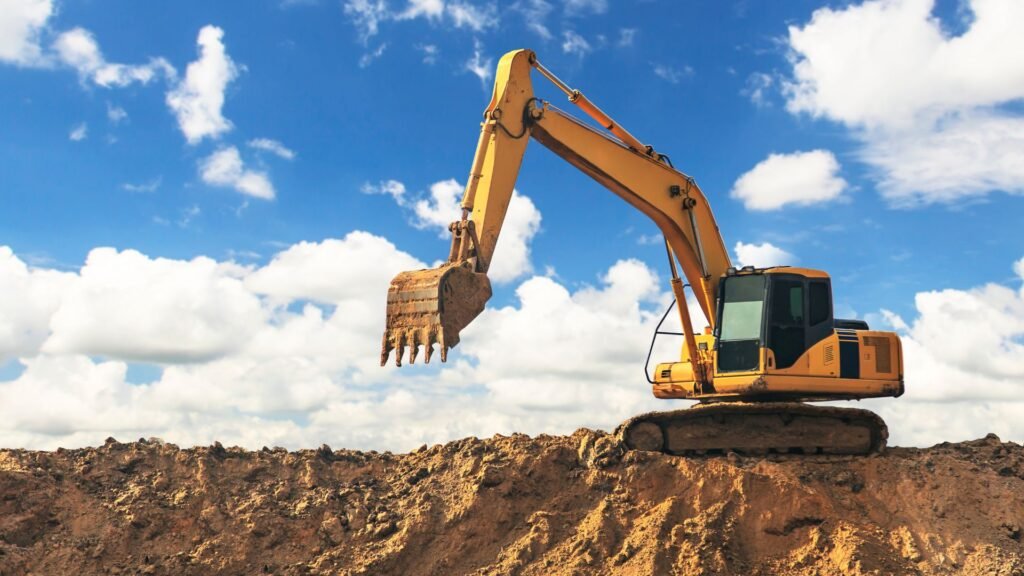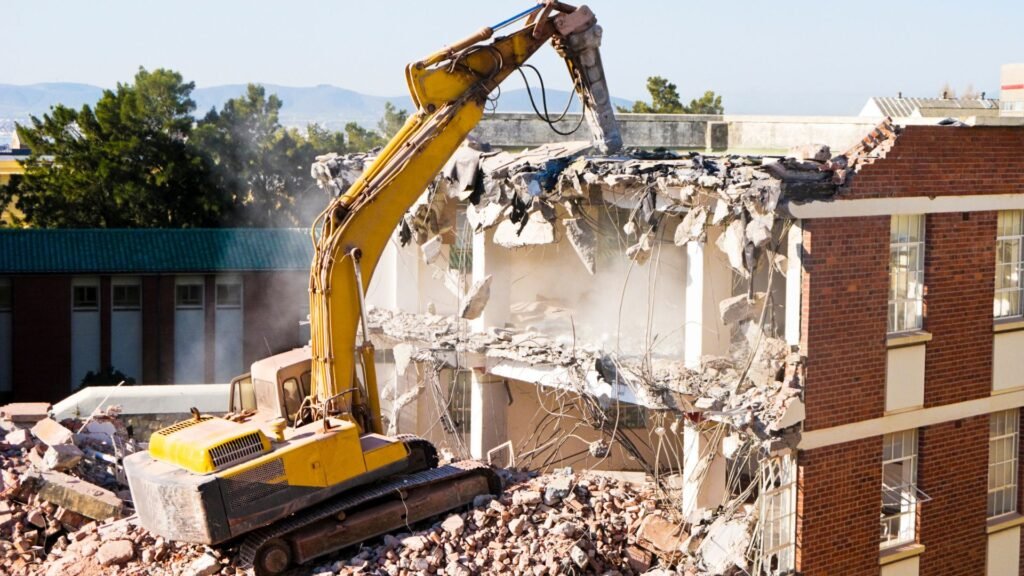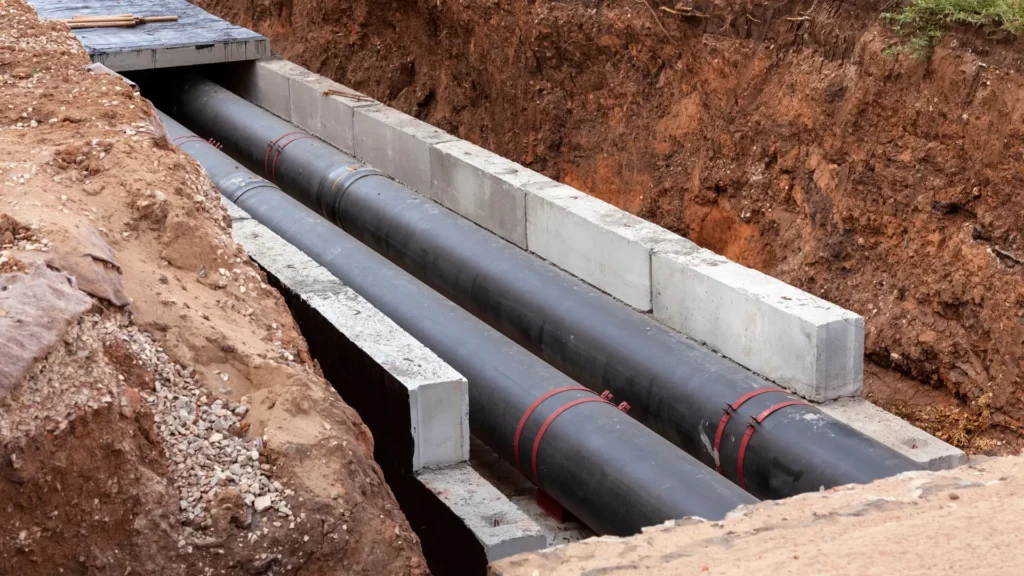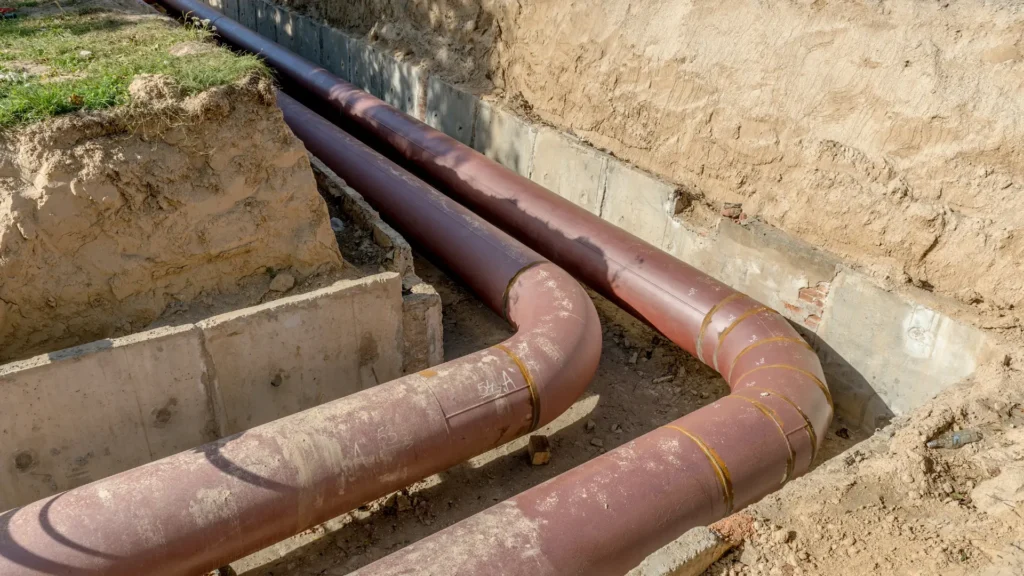Welcome to your go-to guide on digger and operator hire rates in NZ, where we break down what you can expect to pay, what factors influence costs, and how to make smart choices when hiring for your next project. Whether you’re tackling a backyard landscaping job, preparing a building site, or sorting out drainage, hiring both the digger and an experienced operator can save you time, effort, and headaches. In this article, we’ll explore average hourly and daily rates across New Zealand, highlight the hidden extras you need to watch for, and share practical tips to get the best value for your money. By the end, you’ll feel confident knowing how rates are set, what’s fair to pay, and how to avoid common mistakes when arranging digger hire.
The average digger and operator hire rates in NZ range from $90 to $150 per hour, depending on the machine size, operator experience, and location. Daily rates typically fall between $600 and $1,200, with extra costs for fuel, transport, and attachments. Getting multiple quotes and confirming inclusions upfront helps ensure the best value.
Table of Contents
Why Hire A Digger And Operator?
When planning a construction or landscaping project, one of the first questions many homeowners and contractors ask is whether to hire a digger with an operator or simply rent the machine alone. In New Zealand, digger and operator hire rates are competitive, and the added benefits often outweigh the cost difference. Choosing the right option can make a huge impact on your project’s timeline, budget, and overall success.
Common Projects: Landscaping, Driveways, Building Prep, Drainage
These are some of the most frequent jobs where hiring a digger and operator is essential. Landscaping requires precise ground leveling and shaping. Driveways need a stable base to avoid cracking later. Building prep involves foundation digging that must meet council standards. Drainage work calls for accuracy to prevent flooding or soil erosion. In all these cases, having an experienced operator ensures the work is done correctly the first time.
Benefits Of Hiring With An Operator Vs. Machine-Only Hire
While dry hire (machine-only) may appear cheaper, it leaves you responsible for operating heavy machinery without proper training. This can lead to uneven digging, delays, and unexpected repair costs. Hiring with an operator guarantees the right techniques, faster progress, and professional results. An operator brings years of practice, which directly translates into saved time and money for your project.
Emphasis On Safety, Skill, And Efficiency
Safety should never be overlooked. Operating a digger without the right skills increases the risk of accidents and property damage. Professional operators are trained to manage the equipment safely while keeping efficiency in mind. They can complete in hours what could take an inexperienced person days, all while maintaining accuracy and protecting your site.
By choosing to hire both a digger and an operator, you’re not just renting machinery—you’re investing in peace of mind, professional skill, and a smoother project outcome.
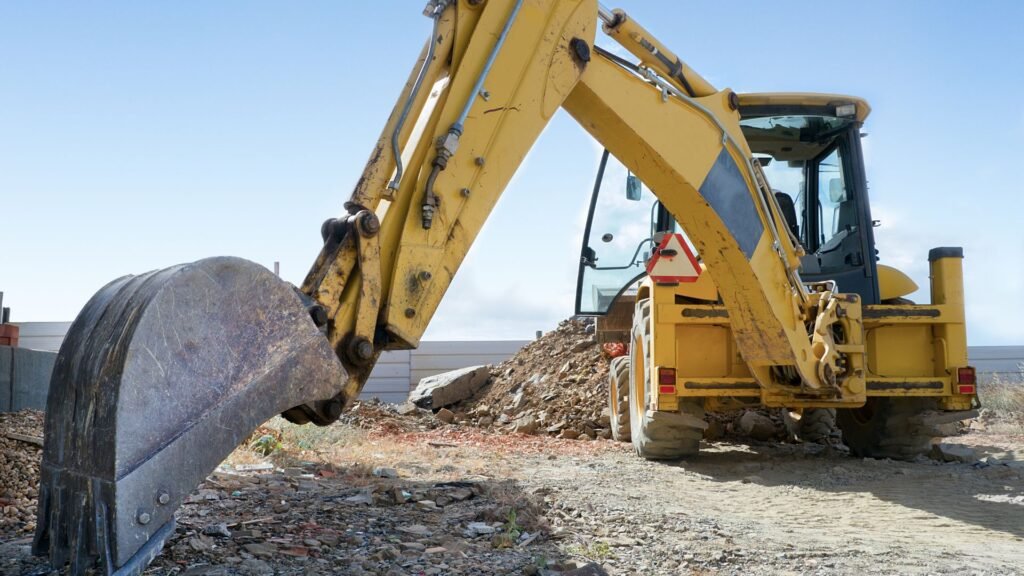
Average Digger And Operator Hire Rates In NZ
When it comes to hiring a digger and operator in New Zealand, understanding the average rates helps you plan your budget and avoid unexpected costs. Prices can vary depending on the size of the machine, the operator’s expertise, and where in the country the work takes place. Below is a detailed breakdown of typical rates you might encounter.
Hourly Rates
In New Zealand, most digger and operator hire companies charge by the hour. Rates usually fall between $90 and $150 per hour. Smaller machines at the lower end of the scale are better suited for residential or light landscaping jobs, while larger machines and highly skilled operators command higher hourly rates due to the complexity of the work.
Daily Rates
If your project will take a full day or longer, many providers offer daily rates. A standard daily hire rate typically ranges from $600 to $1,200, depending on the digger’s size and the type of job. Daily pricing can be more cost-effective than paying hourly if the project is time-intensive.
Project-Based Pricing
For certain jobs, contractors may provide a project-based quote rather than charging by the hour or day. This is common for tasks like driveway preparation, trenching, or complete site clearances. Project-based pricing gives you a clear upfront cost, which is ideal if you want certainty and need to manage a fixed budget.
Comparison Of Small, Medium, And Large Diggers
- Small diggers: Ideal for tight spaces and smaller projects. These are usually the most affordable, starting from $90 per hour.
- Medium diggers: Suitable for standard residential and commercial projects. Rates often range from $110 to $130 per hour.
- Large diggers: Designed for heavy-duty earthmoving or construction work. Rates can reach $140 to $150 per hour, reflecting their size and capability.
Regional Differences
Rates are not the same across the country. In Auckland, Wellington, and Christchurch, prices tend to be higher due to higher demand and additional transport costs. In smaller towns or rural areas, you may find more competitive rates, though the availability of certain machine sizes can be limited.
Example Rate Table
| Digger Size | Hourly Rate (NZD) | Daily Rate (NZD) | Best For |
| Small | $90 – $110 | $600 – $750 | Landscaping, garden work, small jobs |
| Medium | $110 – $130 | $750 – $1,000 | Driveways, drainage, medium projects |
| Large | $130 – $150 | $1,000 – $1,200 | Earthmoving, site prep, heavy construction |
By understanding average digger and operator hire rates in NZ, you can make better financial decisions and choose the right option for your project. Whether you need a small digger for light residential work or a large machine for a commercial job, knowing the typical costs and regional differences will help you hire with confidence.
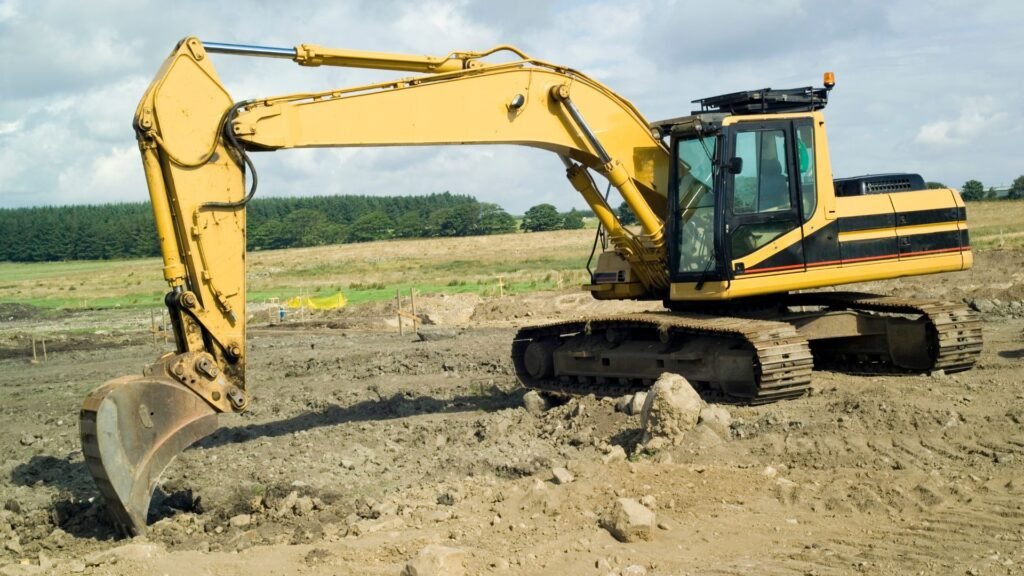
Key Factors That Affect Hiring Rates
When you’re comparing digger and operator hire rates in NZ, it’s important to understand the factors that drive the final cost. Prices can vary widely between companies, but the following elements have the biggest influence on what you’ll pay:
Machine Size And Type
The size and type of digger you need has a direct impact on hire rates. Smaller mini diggers are often more affordable and suited to jobs like garden work or tight access areas. Larger excavators, on the other hand, come with higher hourly rates because they can handle heavy-duty projects such as site preparation or drainage systems. Attachments like augers, trenchers, or different bucket sizes can also add to the overall price.
Operator Experience
A skilled operator brings efficiency and safety to the job. More experienced operators usually charge higher rates, but they often complete tasks faster and with fewer errors. This means you could save money overall, as less time and resources are wasted. Choosing a reputable operator can also reduce the risk of damage to your property or machinery.
Project Complexity
The type of work being done influences how much you’ll pay. Straightforward projects such as soil removal or driveway leveling usually cost less, while jobs involving tricky terrain, steep gradients, or restricted access can increase the hire rate. Projects that require precision digging or specialist attachments also tend to cost more due to the added skills and equipment required.
Duration Of Hire (Hourly Vs Long-Term)
How long you need the digger and operator can affect pricing. Hourly hire rates are standard for short-term jobs, but longer projects may qualify for discounted daily or weekly rates. If you expect the work to take several days, it’s often more cost-effective to negotiate a long-term hire arrangement rather than paying by the hour.
Location And Travel Costs
Where you’re based in New Zealand also plays a role in the final cost. Hiring in large cities like Auckland or Wellington often comes with higher rates due to demand and higher operating expenses. If you live in a rural area, you may face additional travel or transport charges for moving the machinery to your site. Asking about travel costs upfront can help avoid unexpected expenses.
Taking these factors into account will give you a clearer idea of why hiring rates differ and help you choose the best option for your project. By weighing up machine size, operator experience, project complexity, duration, and location, you can budget more effectively and avoid surprises along the way.
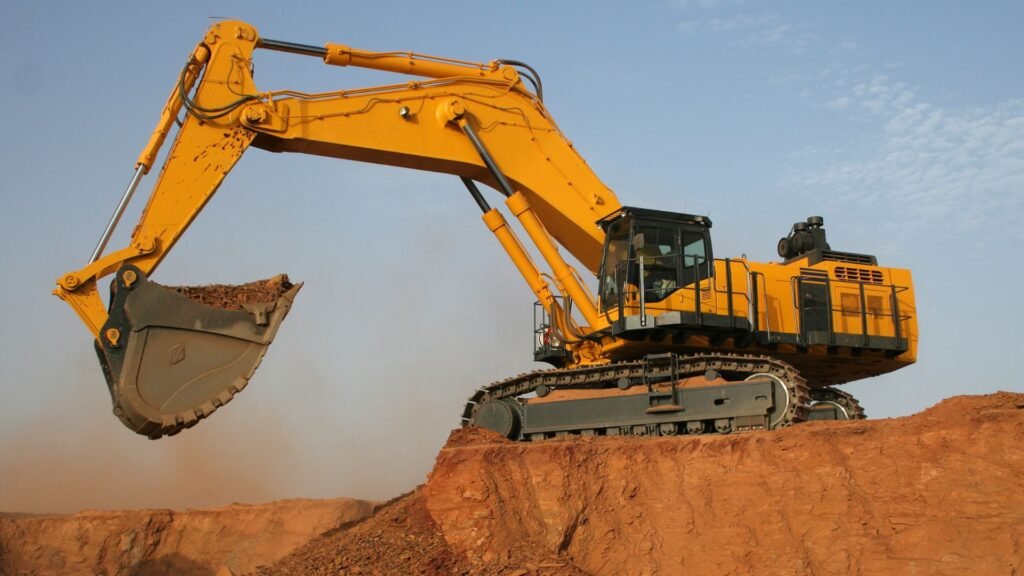
Extra Costs You Should Know About
When hiring a digger and operator in New Zealand, it’s important to understand that the hourly or daily rate is not the only expense you may face. Many companies include additional charges that can impact your overall budget. Knowing about these costs in advance helps you avoid surprises and plan your project more effectively.
Delivery/Transport Fees
Most providers will charge to deliver the digger to your site and pick it up once the work is complete. The cost depends on the distance between the depot and your location. If your site is far from the hire company, transport fees can add a significant amount to the final bill.
Fuel Charges
Fuel is another common extra cost. Some hiring companies include fuel in the quoted price, while others expect you to cover it separately. Larger machines consume more fuel, which can quickly increase your expenses during longer projects. Always ask whether fuel is included to avoid confusion.
Attachments (Augers, Buckets)
Not all jobs can be done with the standard bucket. You may need attachments like augers for drilling or specialized buckets for trenching. These extras are usually charged per day or per project. Confirm the attachment prices upfront so you can factor them into your budget.
Insurance Or Damage Cover
Operating heavy machinery comes with risks, even when an experienced operator is handling the work. Many companies charge for insurance or require you to take out damage cover. This protects you in case of accidents or unexpected damage to the equipment. While it adds to the cost, it can save you from much larger expenses if something goes wrong.
Overtime Or Weekend Surcharges
If your project runs late or needs to be completed outside standard business hours, expect to pay extra. Overtime rates or weekend surcharges are common in the industry. Make sure you understand the provider’s policy on after-hours work before scheduling your job.
By considering these additional costs in advance, you’ll be better prepared to manage your budget and avoid hidden charges. Always request a detailed quote that clearly outlines what’s included and what’s considered an extra.
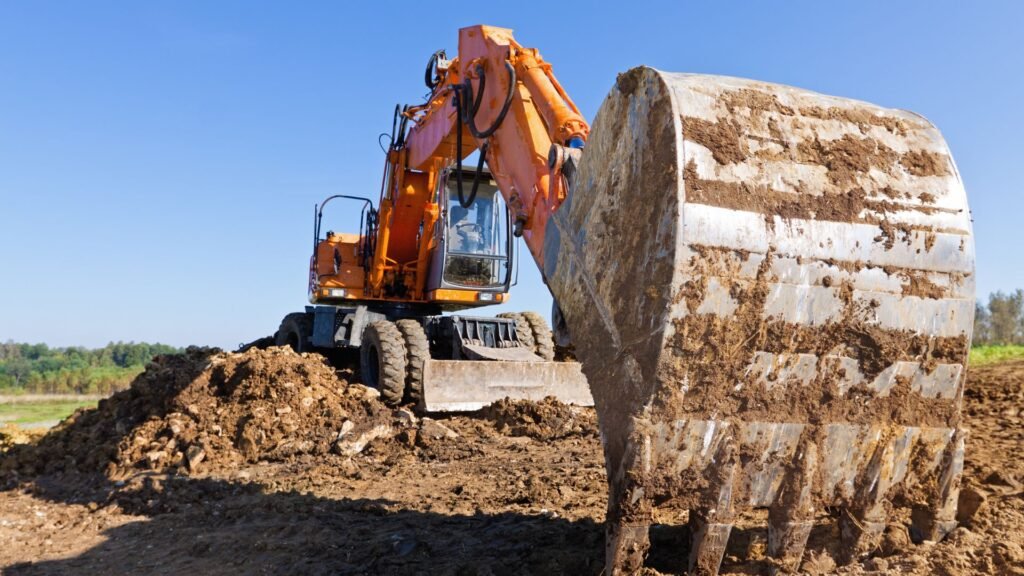
Tips For Getting The Best Value
When it comes to hiring a digger and operator in New Zealand, small decisions can make a big difference in what you end up paying. If you want to stretch your budget without compromising on quality or safety, here are practical steps to follow:
Get Multiple Quotes
Never settle on the first quote you receive. Rates can vary widely between companies, especially across different regions. By gathering at least three quotes, you gain a clearer idea of the standard market price. This also puts you in a stronger position to negotiate and identify hidden costs like transport fees or fuel surcharges that may not be obvious at first glance.
Book During Off-Peak Times If Possible
Demand for diggers and operators often increases during warmer months when construction and landscaping projects are at their peak. If your project timeline is flexible, consider booking during off-peak seasons. Winter or early spring can sometimes bring lower rates, as providers are looking to keep their machines and operators busy.
Bundle Services (Earthmoving + Site Prep)
Many companies offer more than just digger hire. If you also need site leveling, earthmoving, or trenching, ask about bundled packages. Choosing one provider for multiple services can reduce your overall costs, simplify scheduling, and ensure consistent work quality. This approach is particularly useful for larger projects where coordination can be time-consuming.
Check Reviews And Reputation Before Hiring
Price alone should not drive your decision. An operator with years of experience and strong reviews may cost slightly more, but they often complete the job faster and with fewer mistakes. Look for online feedback, testimonials, or ask for referrals from past clients. A reputable operator reduces the risk of delays and expensive errors.
Clarify Inclusions Before Signing
Before you commit, ask exactly what the quoted price includes. Will you need to cover fuel separately? Are attachments like buckets or augers part of the deal? Is GST added to the final invoice? Having clear answers prevents unwanted surprises and ensures you can accurately compare quotes from different providers.
Hiring a digger and operator is a significant investment, but with these tips, you can save money while still receiving reliable service. Taking time to compare, plan, and ask the right questions helps you get the best value for your project in New Zealand.
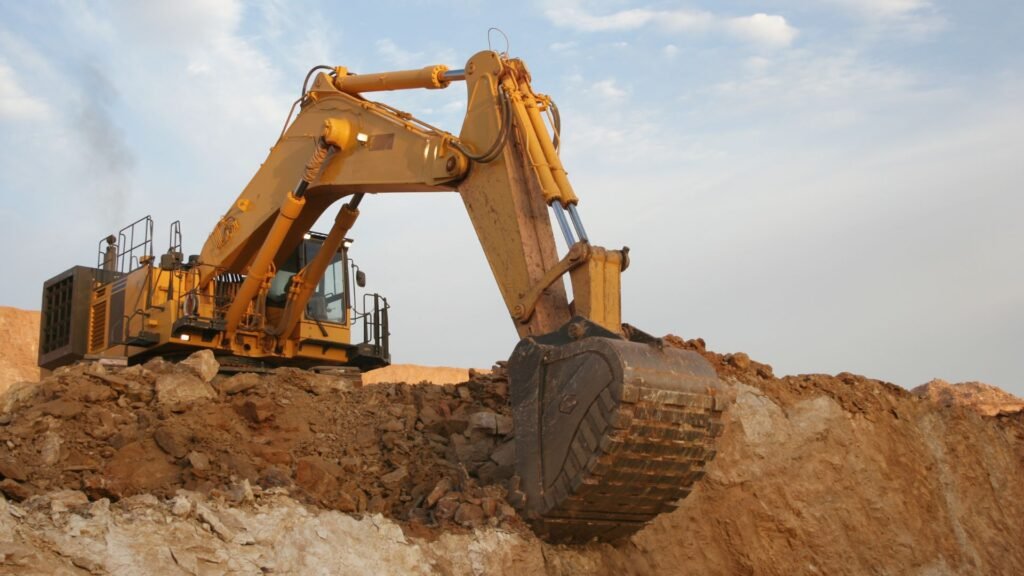
Hiring Checklist
When you are planning to hire a digger and operator in New Zealand, having a clear checklist can save you time, money, and unnecessary stress. Many people focus only on the hourly or daily rate, but overlooking the finer details often leads to hidden costs or unexpected delays. Use this hiring checklist to make sure you have everything covered before committing.
Clear Project Scope
The first step is to define exactly what you need done. A clear project scope helps both you and the contractor understand the requirements. For example, if your project involves digging for a driveway, include the size, depth, and timeframe in your request. The more detail you provide, the more accurate the quote will be, and the less likely you’ll face disputes later.
Confirm Operator Certifications
In New Zealand, operators should hold the appropriate licenses or training to operate heavy machinery. Always ask for proof of certification to ensure the person you’re hiring is qualified and experienced. This is not just about compliance—it directly impacts the quality and safety of the work carried out on your site.
Ask About Insurance Cover
Accidents can happen on any construction or landscaping job. Before hiring, check whether the company or operator carries insurance for both the machine and potential property damage. This protects you from liability in case something goes wrong, and it gives peace of mind knowing you are not exposed to unnecessary risks.
Confirm Payment Terms Upfront
Misunderstandings about payments are one of the most common issues in hire agreements. Ask for written confirmation of payment terms before work begins. This should include whether payment is hourly, daily, or project-based, and when payment is due. Knowing the terms upfront keeps everything transparent and professional.
Check If GST Is Included In Quoted Prices
Not all quotes in New Zealand include GST, and overlooking this detail can inflate your costs significantly. Always ask whether the quoted price is GST-inclusive. A clear understanding of the final cost helps you budget properly and prevents last-minute surprises when you receive the invoice.
By following this checklist, you make sure your digger hire process runs smoothly from start to finish. Being thorough at the beginning saves you from costly mistakes and ensures you get the best value for your project.
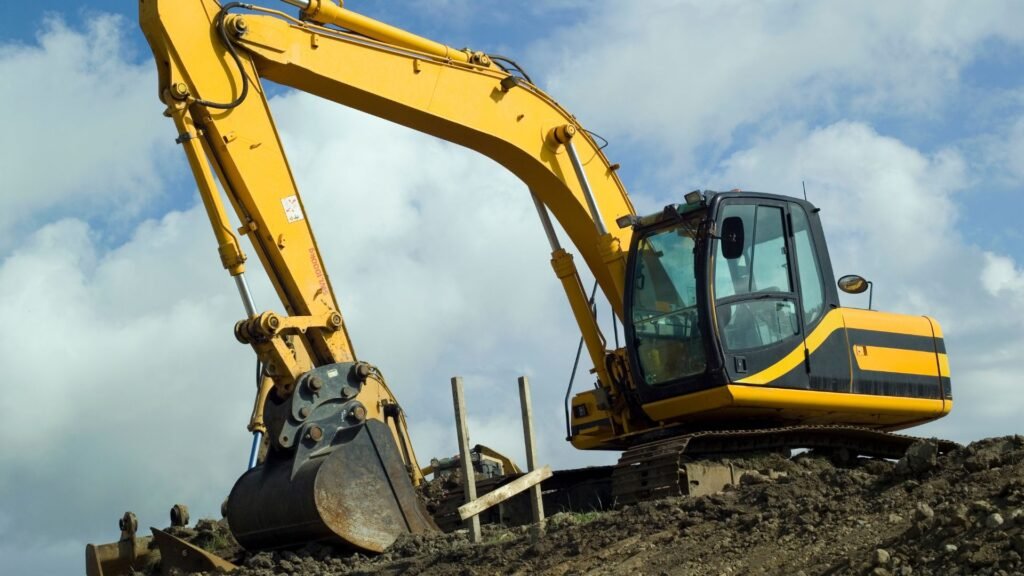
Alternatives To Hiring With An Operator
When looking at digger and operator hire rates in NZ, some people wonder if they can cut costs by choosing an alternative option. One common choice is dry hire, which means renting the machine only without an operator. While this can look cheaper at first, it comes with its own set of challenges and considerations.
Dry Hire (Machine Only)
Dry hire allows you to rent a digger and operate it yourself. This option can reduce upfront costs since you’re not paying for an operator’s time and expertise. It also gives you the flexibility to work at your own pace. For people with previous experience using machinery, dry hire might be a practical solution.
The downside is that operating heavy machinery is not easy. Without the right training, you may find the work takes much longer than expected. Mistakes during operation can damage the machine, increase your expenses, or delay your project. Dry hire may save money upfront but can cost more overall if the job is not completed correctly.
Pros And Cons Of DIY With A Rented Digger
Doing the work yourself has some clear pros: lower hourly costs, more control over your schedule, and a sense of achievement. It can work well for small landscaping jobs where precision is less critical.
On the other hand, the cons are significant. Without experience, it’s easy to underestimate how much skill is required. Jobs that might take a professional a few hours can take an amateur several days. There is also the risk of damaging underground pipes or nearby structures. If repairs are needed, the cost can quickly outweigh the savings from avoiding an operator.
Safety Risks Of Not Hiring A Professional Operator
One of the most important factors to think about is safety. Operating a digger comes with serious risks, including the possibility of tipping the machine, hitting power lines, or injuring yourself or others on-site. Professional operators are trained to handle these risks and work within strict safety standards.
Without professional training, you may not know the safest way to operate on uneven ground, avoid underground hazards, or secure the site properly. Accidents can lead to medical costs, legal issues, and project delays. For many homeowners and small contractors, these risks make dry hire less attractive compared to hiring a skilled operator.
Ready to get started on your project? Explore our trusted digger and operator hire services across New Zealand—visit our homepage today to request a free quote and find the right solution for your needs.
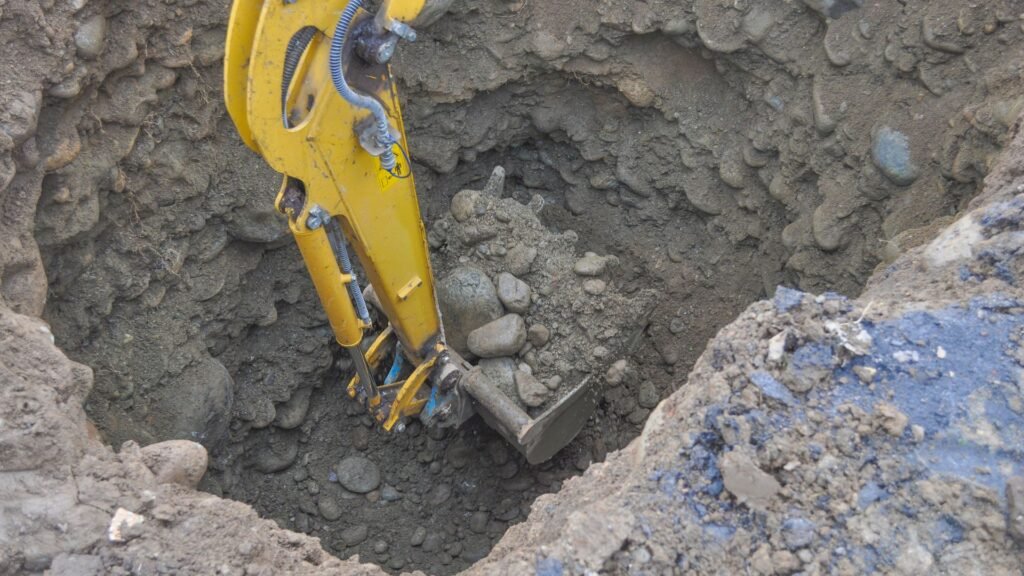
FAQs: About Digger And Operator Hire Rates In NZ
What are the average digger and operator hire rates in NZ?
The average rates range from $90 to $150 per hour depending on the digger size, the operator’s experience, and the location. Daily rates can range from $600 to $1,200.
Do hire rates vary between regions in New Zealand?
Yes, rates are usually higher in large cities like Auckland and Wellington compared to smaller towns or rural areas due to higher demand and transport costs.
What factors influence the cost of hiring a digger and operator?
Key factors include machine size, operator experience, project complexity, duration of hire, and travel or transport fees.
Are there extra costs apart from the hourly or daily rate?
Yes, you may be charged for fuel, delivery, attachments such as augers or buckets, insurance, and any overtime or weekend work.
Is it cheaper to hire a digger without an operator?
Dry hire (machine only) is usually cheaper upfront, but it may cost more in the long run if you lack experience, as mistakes or delays can increase overall expenses.
How do I make sure I’m getting a fair rate?
Compare quotes from multiple providers, check what is included in the price, and read reviews or testimonials to ensure reliability and transparency.
Can I hire a digger for small jobs like garden work?
Yes, many companies offer mini diggers and operators for small-scale jobs such as garden leveling, digging holes for fencing, or clearing driveways.
Do I need any permits or consents to hire a digger in NZ?
For private property work, permits are rarely required. However, if your project affects public land, drainage systems, or involves large earthworks, you may need council consent.
Is fuel typically included in the hire price?
Fuel is not always included. Some companies include it in their hourly rate, while others charge separately, so it’s important to confirm before hiring.
How can I save money when hiring a digger and operator?
Book in advance, hire during off-peak times, clarify inclusions, choose the right size digger for your job, and consider bundling services like earthmoving and site prep.
Conclusion
Digger and operator hire rates in NZ can vary widely depending on the size of the machine, the operator’s experience, the complexity of the job, and where the work is being carried out, which is why understanding these factors before committing helps you avoid unexpected costs. By doing thorough research, comparing quotes, and checking the reputation of different providers, you can make sure you are getting fair pricing and reliable service. Taking the time to ask the right questions and clarifying what is included in the hire package also ensures there are no hidden fees or last-minute surprises. If you are planning earthmoving, landscaping, or site preparation, hiring a professional operator with the right equipment will save you time, reduce risk, and deliver better results. When considering digger and operator hire rates in NZ, remember that making an informed choice not only helps your budget but also gives you peace of mind knowing the work is being done correctly.

